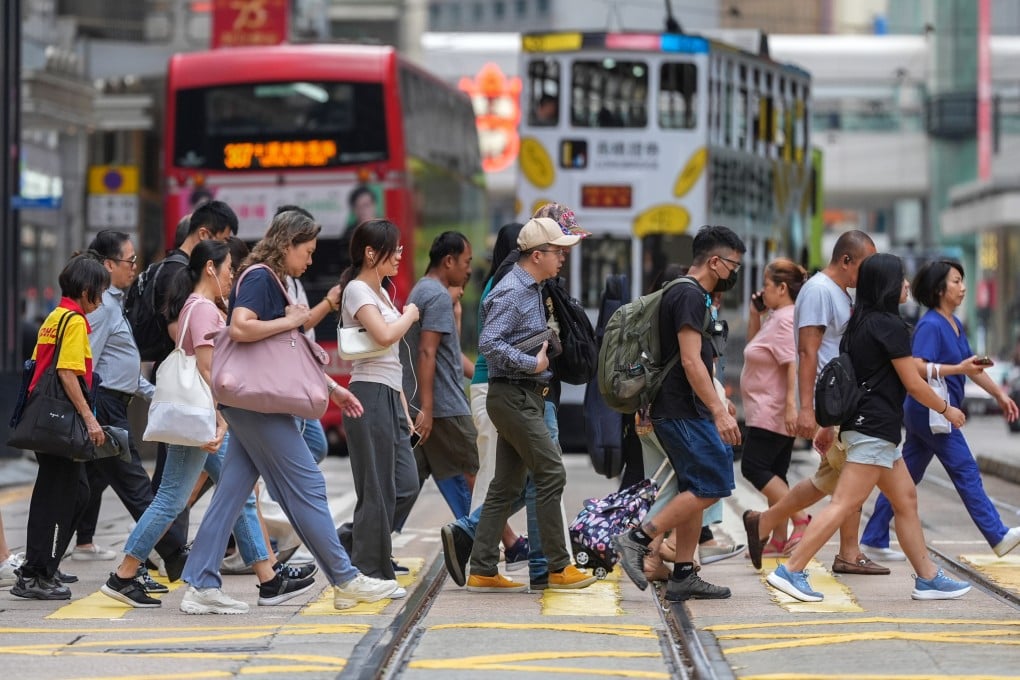Advertisement
Letters | Just low taxes and good food won’t make Hong Kong a talent hub
Readers discuss how the city can widen its talent pool, Halloween’s impact on young children, and Trump’s possible return as US president
Reading Time:4 minutes
Why you can trust SCMP
1

Feel strongly about these letters, or any other aspects of the news? Share your views by emailing us your Letter to the Editor at letters@scmp.com or filling in this Google form. Submissions should not exceed 400 words, and must include your full name and address, plus a phone number for verification
News that snooker star Ronnie O’Sullivan has taken up Hong Kong residency under the Quality Migrant Admission Scheme has sparked renewed conversations around the city’s efforts to attract high-skilled talent from around the world. O’Sullivan, who said he was drawn to Hong Kong’s low taxes and good food, is a positive example of the scheme’s effectiveness.
However, the overall efforts to bolster Hong Kong’s global talent pool remains an uphill task.
In the wake of the sociopolitical upheavals in recent years, Hong Kong witnessed substantial emigration to destinations like the United Kingdom and Canada. Many Hongkongers who left are highly educated and skilled individuals with deep roots in the city and who have made significant contributions to its economy and cultural fabric. While the recent arrival of O’Sullivan may draw headlines, it should not detract attention from the fact that Hong Kong’s workforce saw a net loss of over 100,000 individuals between 2020 and 2022. The 2023 number has increased somewhat, but remains below the 2020 level.
Combined with the demographic challenges of low birth rates and an ageing population, this decline presents a serious workforce gap. To address this, the government has implemented initiatives such as the Top Talent Pass Scheme to attract high-calibre international professionals.
As of February this year, this scheme had approved over 50,000 applications; however, with more than 90 per cent of these coming from mainland China, a critical shortfall remains in the diversity and expertise required to position Hong Kong competitively on the global stage.
Advertisement